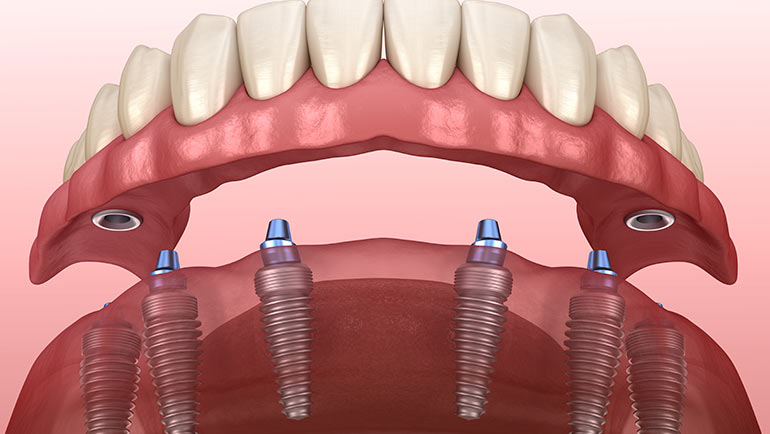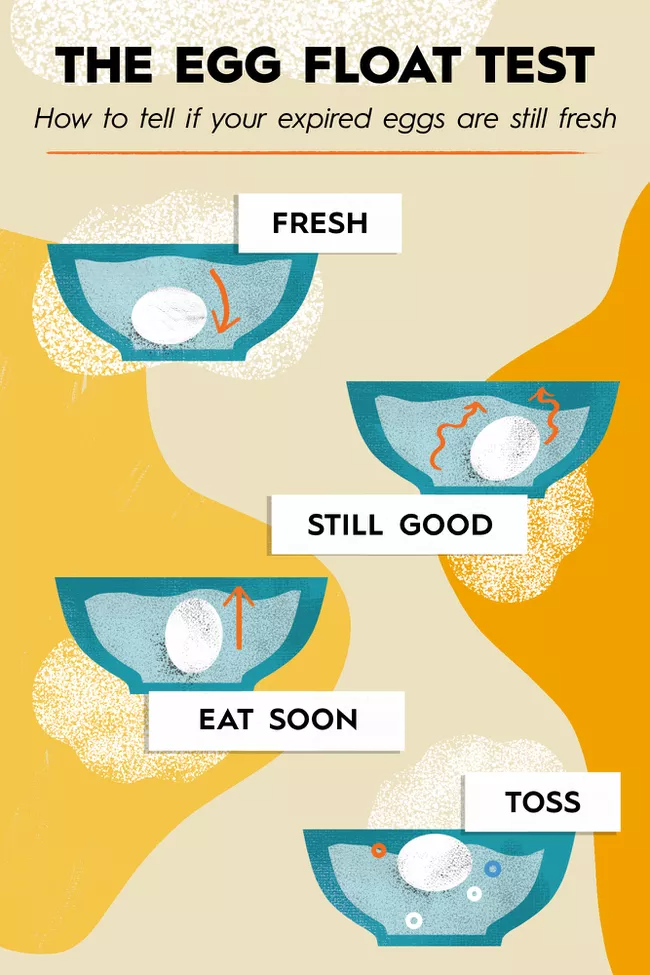Dental Implants Or Mini Implants

When it comes to replacing missing teeth, two popular options are dental implants and mini implants. Both solutions offer a way to restore your smile and confidence, but they have distinct differences in terms of their design, functionality, and suitability for various patients. In this comprehensive guide, we will delve into the world of dental implants and mini implants, exploring their characteristics, advantages, and disadvantages, to help you make an informed decision about which option is best for you.
Understanding Dental Implants
Dental implants are artificial tooth roots made of titanium, a material that is well-tolerated by the body and integrates well with bone. These implants are surgically placed into the jawbone, where they serve as a foundation for a crown, bridge, or denture. The process of getting dental implants typically involves several steps, including consultation, surgery to place the implant, a healing period, and finally, the attachment of the prosthetic tooth.
Advantages of Dental Implants:
- Natural Look and Feel: Dental implants are designed to mimic the appearance and function of natural teeth, offering a highly aesthetic result.
- Durability: With proper care, dental implants can last for many decades, making them a long-term solution.
- Comfort: Since they are integrated into the bone, dental implants do not slip or move, providing a comfortable chewing experience.
- Bone Preservation: By stimulating the jawbone, implants can prevent bone loss, which often occurs after tooth loss.
Understanding Mini Implants
Mini implants, on the other hand, are smaller in diameter compared to traditional dental implants. They are often used for patients who have limited bone density or for those who need a less invasive procedure. Mini implants can be used to stabilize dentures or to support a single tooth replacement. The procedure for mini implants typically involves less healing time and can often be completed in a single visit.
Advantages of Mini Implants:
- Less Invasive: The procedure for placing mini implants is generally quicker and less invasive, resulting in less discomfort and a faster recovery time.
- Immediate Results: In some cases, mini implants can be loaded with a prosthetic tooth immediately after placement, offering instant results.
- Cost-Effective: Mini implants are often more affordable than traditional dental implants, making them a more accessible option for some patients.
- Suitable for Limited Bone Density: Mini implants are a great option for patients with insufficient bone density, as they require less bone to be placed successfully.
Comparative Analysis: Dental Implants vs. Mini Implants
| Criteria | Dental Implants | Mini Implants |
|---|---|---|
| Size | Larger | Smaller |
| Invasiveness | More invasive | Less invasive |
| Bone Requirement | More bone required | Less bone required |
| Healing Time | Longer healing period | Shorter healing period |
| Cost | Generally more expensive | Often less expensive |
| Load-Bearing Capacity | Higher | Lower |

Decision Framework: Choosing Between Dental Implants and Mini Implants
When deciding between dental implants and mini implants, several factors should be considered, including:
- Bone Density: Patients with limited bone density may find mini implants more suitable.
- Budget: Mini implants are often more cost-effective.
- Desired Outcome: If aesthetics and durability are a top priority, traditional dental implants might be preferable.
- Health and Lifestyle: Patients seeking a quicker, less invasive procedure might opt for mini implants.
FAQs
What is the success rate of dental implants?
+Dental implants have a high success rate, typically ranging from 95% to 98%, depending on various factors including the patient's overall health, the quality of the implant, and the skill of the dentist.
Are mini implants as durable as traditional implants?
+While mini implants are durable, they may not be as long-lasting as traditional implants due to their smaller size and the lower load they can bear. However, with proper care, mini implants can still provide many years of service.
Can anyone get dental or mini implants?
+Most adults with good overall health can be candidates for dental or mini implants. However, certain health conditions, such as uncontrolled diabetes or smoking, can affect the success of the implant. A thorough evaluation by a dentist is necessary to determine suitability for either type of implant.
Conclusion
Both dental implants and mini implants offer exciting possibilities for individuals looking to restore their smile and regain confidence in their appearance and dental function. By understanding the characteristics, advantages, and potential downsides of each option, patients can make informed decisions about their dental care, in consultation with their dental professionals. Whether you choose dental implants for their natural look and durability or opt for mini implants due to their less invasive procedure and affordability, the key to a successful outcome lies in careful consideration of your individual needs and circumstances.
